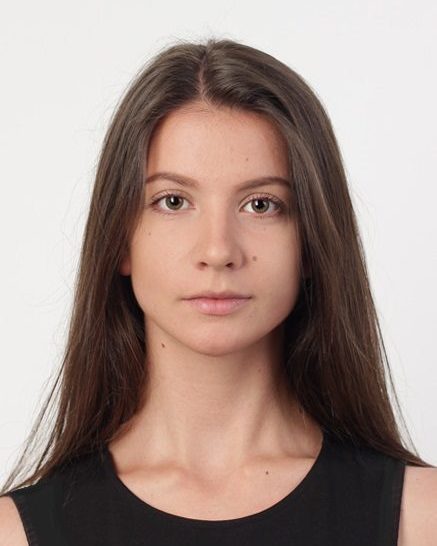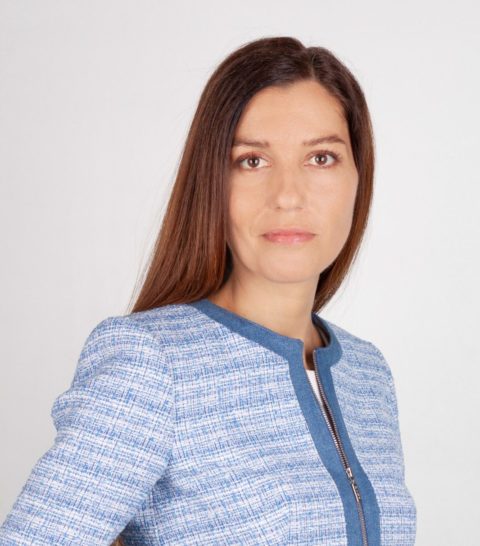Lawyers’ insights into the NFT market
6 April 2021Fintech, Private Clients, Blockchain & Cryptocurrency
Interest in NFT digital assets market
In March 2021, the market for non-fungible token (NFT) digital assets has been examined with increasing interest prompted by the record-breaking US$ 69 million NFT sale by the artist Mike Winkelmann, known as Beeple. This followed the sale by Top Shot of a collection of NBA videos for US$ 230 million between December 2020 and January 2021, and the sale by Jack Dorsey of an NFT on his original tweet for US$ 2.9 million in March 2021.
NFTs were first put to use in 2017, but have blossomed only in 2020-2021.
There are many potential causes for NFT cheer. For some artists, this may provide a solution to the dilemma between choosing to limit access to their works and lower earnings. For investors, NFTs may be a novel and interesting asset class.
What exactly is an NFT?
A non-fungible token (NFT) is a unique location on a blockchain which is not (for practical purposes) interchangeable and may be used to authentically identify the ownership of another digital file, eg an image, animation, film, music or tweet. An NFT is typically on the Ethereum blockchain (but does not have to be).
The NFT may authenticate a digital file (eg, Mr Dorsey’s tweet) or a tangible object, including a work of art; a collectible, etc.
The NFT therefore offers a possible solution to the problem of authenticity of collectibles.
While goods which have historically been valued for their authenticity (eg, paintings by famous artists) have been historically authenticated both technically – through the expertise of art historians and legally – through chains of title and possession, a digital and self-executing form of authentication democratises the exploitation of authenticity and thus raises its potential value.
As is often the case with new technologies – law is playing catch up. At the moment, there are no specific laws or regulations on such digital assets in Bulgaria, leaving some legal uncertainty. However, in September 2020, the European Commission released a proposal for a pilot legal regime on transactions with crypto assets. This may predict an early move toward NFT regulation in the future.
Here, we have sought to answer some questions as to NFTs.
What are my rights and remedies as a creator if my work is tokenized without my permission?
With the creation of a creative work, the creator generally automatically acquires its copyright (exceptions apply to employed creators and similar situations) holder. The copyright owner therefore has the right to prevent any use of his/her creation without permission as infringing.
Therefore, an artist or other creator who has copyright in their work, is legally protected against use. In addition, many systems provide for so called moral rights/droits d’auteur. These allow authors to be recognised as the authors, among other things.
Where persons act without the copyright and moral right holder’s authority to sell NFTs over his/her work, it would appear that there is an infringing use of a copyrighted work and potentially a breach of the moral right and an action may lie.
What are the rights of the NFT owner?
For buyers interested in purchasing NFT collectibles it is important to be aware that ownership of an NTF does not in itself guarantee any rights to the attached piece of digital work, unless it is otherwise specified. The ownership of the NFT itself grants the right to claim ownership of the NFT and the right to exclude others from claiming of the NFT. In other words, purchasing an NFT does not automatically transfer copyright ownership to the new NFT owner. If you do want to gain copyright to the work along with your NFT purchase, make sure that the purchase you are interested in includes full transfer of copyright ownership and where the work is physical – of the object itself.
On its own, transfer of ownership of an NFT may not buy much beyond bragging rights.
How do you design NFT projects to comply with existing laws and regulations?
Make sure you have permission to use any creative parts of your project that are not your own, even if you plan to modify them substantially. Keep your NFT related activities in line with existing known law and negotiate/acquire licences where needed.
You may wish to consider the following:
- Online business regulations
- Fintech financial regulatory compliance
- Anti-money-laundering compliance
- Compliance with auction terms and conditions
- Data protection
- Consumers’ protection
- Copyright
- Etc.
NBLO regularly assists clients in the fields of cryptocurrencies, AML and financial regulation. Should you need assistance with registration or any other matter related to blockchain technologies, please contact us at the details provided on our website.












